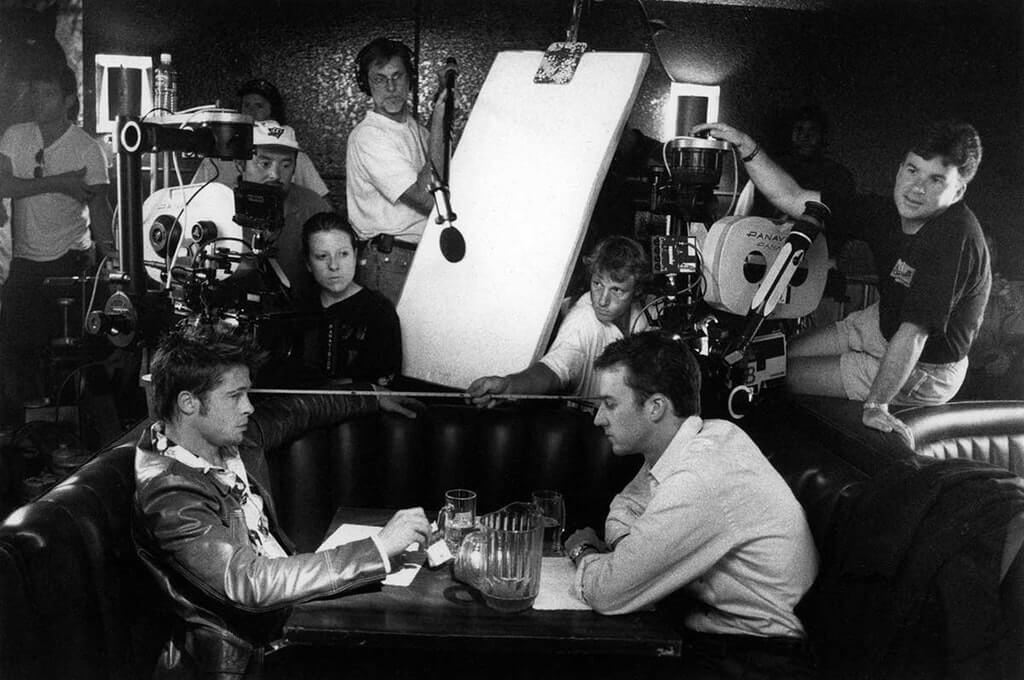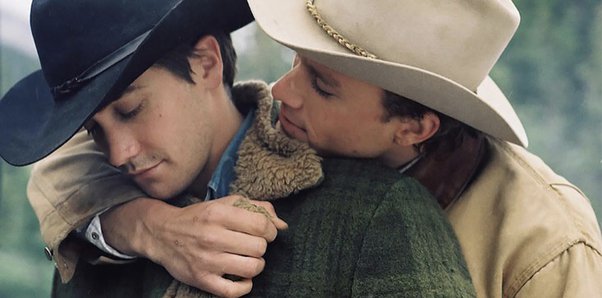How to Use Storytelling in Movies to Enhance Your Life
Discover movie storytelling tips to enhance your life. Unleash the power of storytelling in films for personal growth and entertainment.

The Significance of Narrative Storytelling in Cinema
The art of storytelling is an ancient tradition that has transcended generations and cultures, serving as a fundamental means of human communication. In the realm of cinema, storytelling takes on a unique and powerful form, captivating audiences worldwide for over a century. This essay explores the profound importance of storytelling in movies, delving into its impact on filmmaking, audience engagement, and its role in conveying complex themes and emotions.
-
Engagement and Immersion
At the heart of every great movie lies a compelling narrative Storytelling in cinema is not merely a decorative element but serves as the foundation upon which the entire film is built. It draws viewers into the world of the film, creating a sense of immersion that transports them into the lives and experiences of the characters. Whether it's the suspenseful plot twists of a thriller, the emotional journey of a drama, or the epic adventures of a fantasy film, storytelling is the catalyst for audience engagement. Filmmakers use storytelling techniques such as plot structure, character development, and dialogue to establish connections between the audience and the characters on screen. These connections make viewers emotionally invested in the story's outcome, creating a shared experience that transcends the boundaries of time and space. -
Emotion Elicitation
One of the most remarkable aspects of storytelling in movies is its ability to evoke a wide range of emotions. Through well-crafted narratives, filmmakers can make audiences laugh, cry, feel fear, or experience joy. Emotionally resonant storytelling is a potent tool for conveying the human experience and connecting people on a profound level. For example, consider the tearful moments in movies like "Schindler's List" or "The Green Mile." These films use storytelling to depict the struggles and triumphs of their characters, leading to a deep emotional impact on the audience. Storytelling allows filmmakers to explore complex and sensitive themes while fostering empathy and understanding among viewers. -
Communication of Ideas and Themes
Storytelling in movies is not limited to entertainment; it also serves as a vehicle for conveying ideas, themes, and messages. Filmmakers use narratives to explore societal issues, philosophical concepts, and moral dilemmas. By embedding these themes within a compelling story, they can engage viewers in thought-provoking discussions. Take, for instance, the science fiction genre, which often uses futuristic settings and technologies to explore ethical questions about the consequences of human actions. Films like "Blade Runner" and "Ex Machina" use storytelling to raise important questions about the nature of consciousness and the ethics of creating artificial intelligence. -
Cultural and Historical Reflection
Storytelling in cinema has the power to reflect the cultural and historical contexts in which films are made. It provides a window into the values, beliefs, and experiences of different societies and time periods. By examining the stories told in movies from various eras and regions, we gain insight into the human condition across diverse cultures. For instance, the films of Akira Kurosawa, such as "Rashomon" and "Seven Samurai," are not only masterpieces of storytelling but also offer a glimpse into post-war Japan, its struggles, and its evolving sense of identity. Through these narratives viewers can better understand the cultural and historical backdrop against which these films were created. -
Artistic Expression
Filmmaking is an art form, and storytelling is the canvas on which filmmakers paint their visions. It allows directors, screenwriters, and cinematographers to express their creativity and craft unique cinematic experiences. From the innovative storytelling techniques of directors like Quentin Tarantino to the visual storytelling of filmmakers like Stanley Kubrick, storytelling in movies is a medium for artistic expression. For instance, Christopher Nolan's film "Inception" showcases his distinctive storytelling style, combining complex narratives with visually stunning sequences. Through his storytelling choices, Nolan challenges the conventional boundaries of cinema and offers audiences a thought-provoking and visually captivating experience. -
Entertainment and Escapism
In an increasingly fast-paced world, storytelling in movies offers a form of entertainment and escapism that allows people to temporarily disconnect from their daily lives. It provides a means of relaxation and enjoyment, allowing viewers to experience adventure, romance, or humor vicariously through the characters on screen. Films like the Harry Potter series or the "Marvel Cinematic Universe" not only entertain but also create entire fictional worlds that viewers can explore and become a part of. This kind of storytelling transports audiences to realms of imagination and fantasy, providing a break from the ordinary.
-
Narrative Evolution
The significance of storytelling in movies has evolved over time alongside advancements in technology and changes in audience expectations. From the silent films of the early 20th century to the digital extravaganzas of the 21st century, storytelling has adapted and expanded its horizons. In the early days of cinema, silent films relied heavily on visual storytelling, where characters' actions and expressions conveyed the plot. As technology advanced, the introduction of sound, color, and special effects broadened the storytelling toolkit. Today, filmmakers can seamlessly blend various narrative elements to create immersive and visually stunning experiences that cater to modern audiences. For instance, the blending of practical effects and CGI in movies like "Avatar" or "The Lord of the Rings" not only enhances the storytelling but also showcases the ever-evolving capabilities of the medium. -
Global Reach and Cultural Exchange
The universality of storytelling in movies transcends language barriers and cultural differences, making it a potent tool for global communication and cultural exchange. Hollywood, often regarded as the epicenter of the film industry, exports its stories worldwide, exposing diverse audiences to different perspectives and lifestyles. Conversely, foreign cinema introduces audiences to unique storytelling traditions, customs, and viewpoints. Films like "Crouching Tiger, Hidden Dragon" and "Pan's Labyrinth" bring elements of Chinese and Spanish culture, respectively, to international audiences, fostering a cross-cultural understanding through the art of storytelling. -
Inspiration and Influence
Storytelling in movies has the power to inspire individuals, both within and outside the film industry. As viewers are drawn into the lives and experiences of characters, they can find inspiration in the heroes' journeys, the resilience of protagonists, or the triumph of the human spirit. Beyond the screen, filmmakers themselves are often inspired by the works of their predecessors. Directors, writers, and actors frequently cite the impact of classic films and storytelling techniques on their own creative processes. This continuous cycle of inspiration drives the evolution of storytelling in cinema. -
Educational and Documentary Storytelling
While storytelling in movies often conjures images of fictional narratives, it also plays a vital role in documentary filmmaking and educational content. Documentaries use storytelling techniques to engage viewers in real-world issues, historical events, and scientific discoveries. For example, "An Inconvenient Truth" leverages storytelling to communicate the urgency of climate change, while "March of the Penguins" tells a captivating narrative of penguin survival in the harsh Antarctic environment. These films harness the power of storytelling to inform, educate, and inspire change. -
The Power of Endings
A key element of storytelling in movies is the resolution the climax and denouement that provide closure to the narrative. Endings have the power to leave a lasting impact on the audience, whether through a surprise twist, a poignant farewell, or a thought-provoking
In conclusion, storytelling in movies is a fundamental and indispensable aspect of the cinematic experience. It serves as the cornerstone of audience engagement, emotional connection, and the conveyance of ideas and themes. Moreover, it reflects cultural and historical contexts, allows for artistic expression, and offers entertainment and escapism. The importance of storytelling in cinema lies not only in its ability to entertain but also in its capacity to educate, inspire, and unite audiences around the world. As long as there are stories to tell, the power of storytelling in movies will continue to captivate and enchant us all.
What's Your Reaction?
















